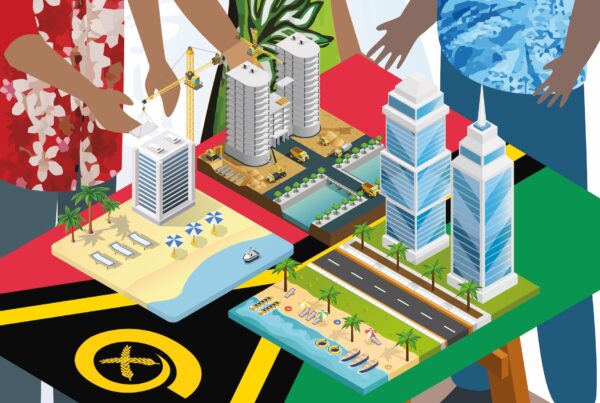Read the original publication (paywall)
Successful applicants will not pay taxes if their income is not earned in Indonesia – part of plans to draw travellers who stay longer and spend more.
Nation will also promote its spiritual retreats in places like Bali. Not sun, sea and sand, but serenity, spirituality and sustainability, tourism minister says.
Bali’s bars and beaches may have to take the back seat as Indonesia looks to promote its spiritual getaways and booming tech scene to lure longer-staying, higher-spending travellers back to its islands.
Ecological tourism, sporting events and a special five-year visa for remote workers should bring 3.6 million overseas travellers back to the archipelago now that borders have reopened, Tourism Minister Sandiaga Uno said in an interview. This should help create over 1 million jobs for Indonesians, he added.
“In the past, the three S was: sun, sea and sand. We’re moving it to serenity, spirituality and sustainability. This way we’re getting better quality and better impact to the local economy,” Uno said.
Indonesia, Southeast Asia’s largest economy, has scrapped most of the travel restrictions it imposed to curb the spread of coronavirus, allowing fully vaccinated visitors to enter without testing or quarantine requirements, as Covid-19 cases stay low and booster doses are rolled out. Tourist arrivals jumped 500 per cent to 111,000 in April, the highest monthly tally since the pandemic.
Streamlined visa processing and more frequent flights should help the nation lure employees of global companies like Airbnb and Twitter that are letting their people work from anywhere. Around 95 per cent of surveyed “digital nomads” have said Indonesia – particularly Bali – is their “top of mind” destination for remote work and they are ready to travel, Uno said.
The ministry has mulled granting a special visa for remote workers and business-leisure travellers since early 2021, before the plan was derailed by coronavirus resurgences, stringent border controls and a lack of flights. The visa would allow its holders to stay for as long as five years without paying taxes if they don’t earn their income within Indonesia.
“Now with the pandemic handled and all the ministries getting involved and cooperating from the health side to the immigrations office, we believe that this is an opportune time to relaunch this idea,” Uno said.





